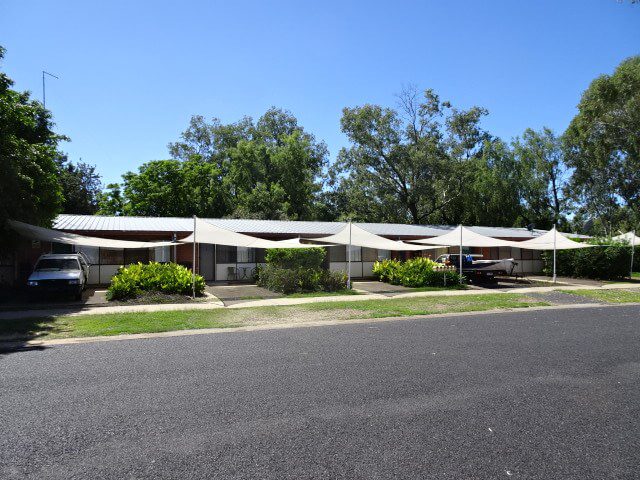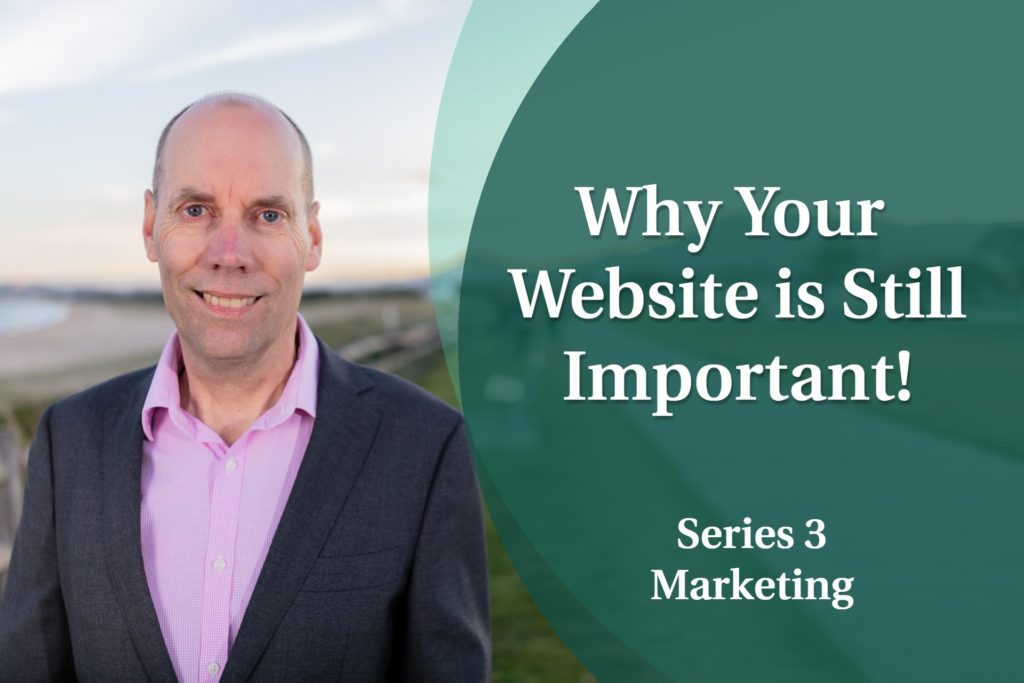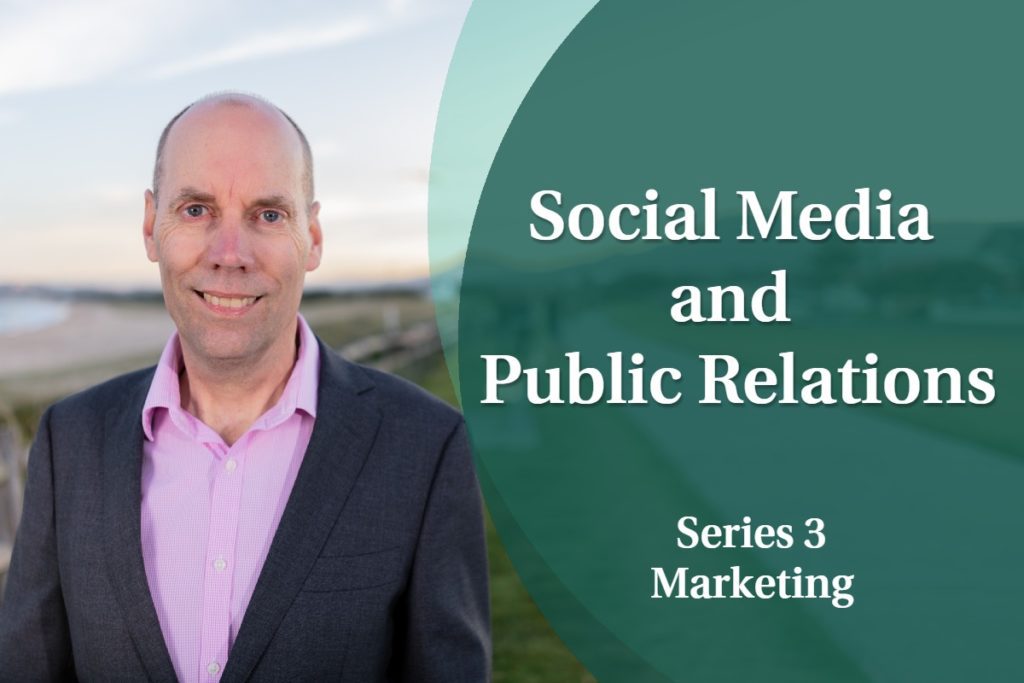
by Phil Latz
Hi, welcome to the fourth blog in my finance series that I hope will help you become more successful in your business.
As a business owner myself for many years, I understand the challenges that you face.
The theme of this series is how to maximise your profit.
There’s an old saying, “Turnover is vanity, profit is sanity and cash is king!”
In my previous blog I discussed the first part of that saying, ‘Turnover is vanity, profit is sanity.’ Now in this blog I’m going to focus upon the final part: ‘cash is king!’
Of course these days, when I use the term cash, I don’t really mean notes and coins. You can buy just about anything these days without physical money.
Instead I would define cash as readily available liquid assets. In other words, money that’s just a mouse click, card swipe or smart phone wave away.
Money is an asset. In business we like to put our cash to work. You can invest it to earn interest, you can buy productive machinery. You can buy stock that you can sell at a profit or even buy long term assets such as real estate.
But the downside of almost all investments like these is that you have to sacrifice a degree of liquidity. Generally, the longer the investment term and higher rate of return on offer, the less liquid is the investment.
I’ll give you a real world example. Over the years we’ve bought some small blocks of flats in country towns. These can give a great return on investment by real estate standards. You can get 10% or more gross return on investment. And they’re very stable and recession resistant. People have to live somewhere…
But the downside is that they’re about as far removed from liquid cash as you can get.
It usually takes longer to sell a block of flats than a house because the number of potential buyers is far smaller.
Only a few investors are looking to buy blocks of flats, compared to many times more people looking to buy a single house or single flat to live in themselves. Plus banks won’t lend as high a percentage of the purchase price on a block of flats compared to a single flat or house. So buyers need more cash and this further reduces the pool of potential buyers.
Therefore if we ever needed to sell these properties in a hurry to extract the cash that’s tied up in them, we would pay a huge penalty in having to offer a ‘fire sale’ price.
The same applies if you’re investing in expensive plant and equipment for your business. It might give you a good long term return on investment, but you don’t want to be having to sell it in a hurry! You might have to sell for a fraction of what it cost you.
In both of these examples you need to have a good cash buffer to protect you from unforeseen circumstances.
Fortunately, locking up your cash in some form of investment is not the only way that you can work cash harder to boost your profits.
Selling goods or services on account or offering other forms of credit always costs the seller in at least one way. It could be a cut of the sale, labour in raising invoices and then chasing payment or increased risk of non-payment.
That’s why most suppliers will offer a discount for cash payment up front. Even if they don’t advertise this or it’s not official policy, if you don’t ask, you don’t get.
So next time you’re making a major purchase where you have the cash available, don’t be afraid to ask, ‘What’s the price for cash?’
Every dollar that you save goes straight to the bottom line… your net profit.
Regardless of whether you are given a discount or not, every supplier quickly learns who are the quickest payers – who has the cash and who doesn’t.
Many times over the years I’ve seen that business owners who keep a good level of liquidity are the ones who get first offers on end of season special deals and other genuine opportunities from suppliers. This is a classic example where those with more cash, end up making more money than those without.
Another group who love cash are tradies. Although it’s common practice, I don’t think it’s wise to either offer or accept a tradie’s offer for a cheaper rate for a cash job ‘off the books’.
Apart from the fact that it’s illegal, in the long run, it’s not the way to build a professional, profitable business.
But tradies also love prompt payment of their invoices. When there’s plenty of work around and they can pick and choose their jobs. This is 90% of the time for the best tradies that you really want. Those good tradies remember a rapid payer for years and give them priority over every customer who drags out their bill.
There’s an old proverb that says, ‘The borrower is servant to the lender.’
I’m not saying you should never borrow money, but there’s a difference between good debt and bad debt.
I’ll be going into more detail about this in the 10th blog in this Maximising Your Profit series.
But the proverb is saying that the person with the cash is in control. That’s why cash is king.
Cash gives you options. It gives you flexibility. It lets you take quick advantage of a special deal or business opportunity.
It also feels a lot better when you’re not beholden to a bank.
It’s easier to sleep well at night when you know you have the cash to pay all your bills.
I’m not trying to sound at all smug here.
I’ve been through days of low cash and high bills and I know what it feels like to be at the mercy of a bank.
I want both of those experiences to remain forever in the past!
So how do you create cash reserves and hang onto them? That’s exactly what I’ll be focusing on in my next blog!
I believe that with passion, consistent effort and wise advice you can succeed in your business.
I wish you all the best and I’ll see you next time.


